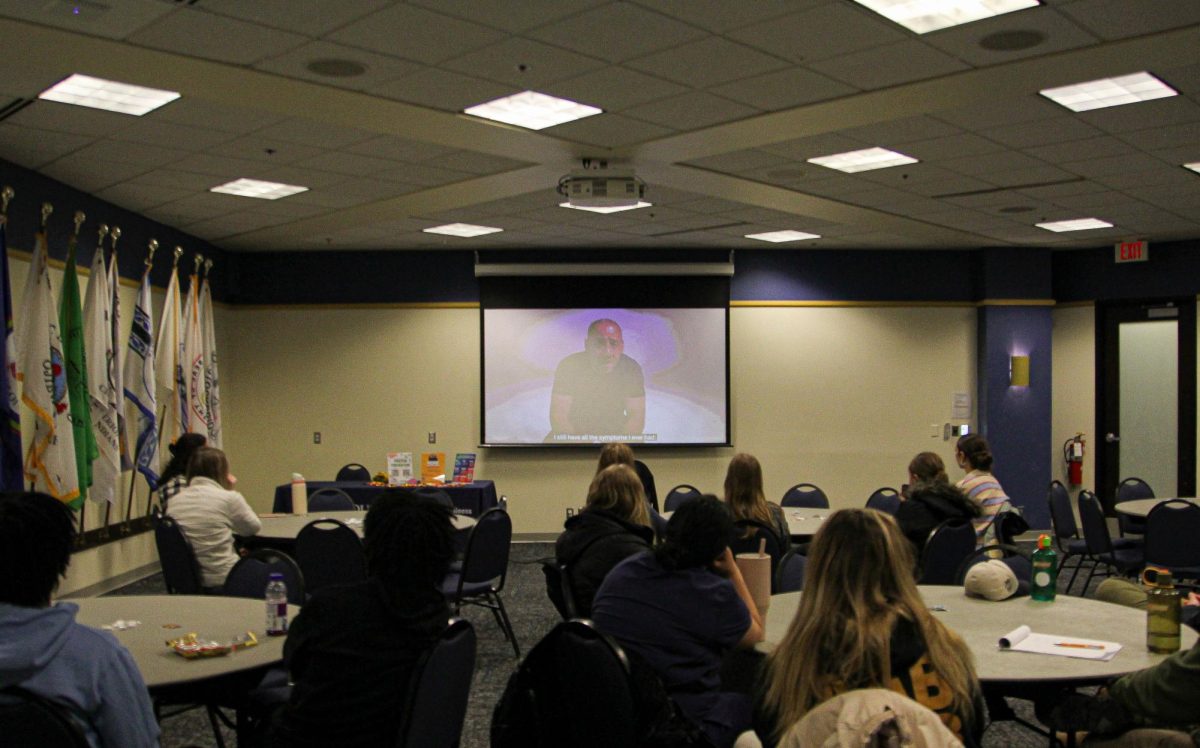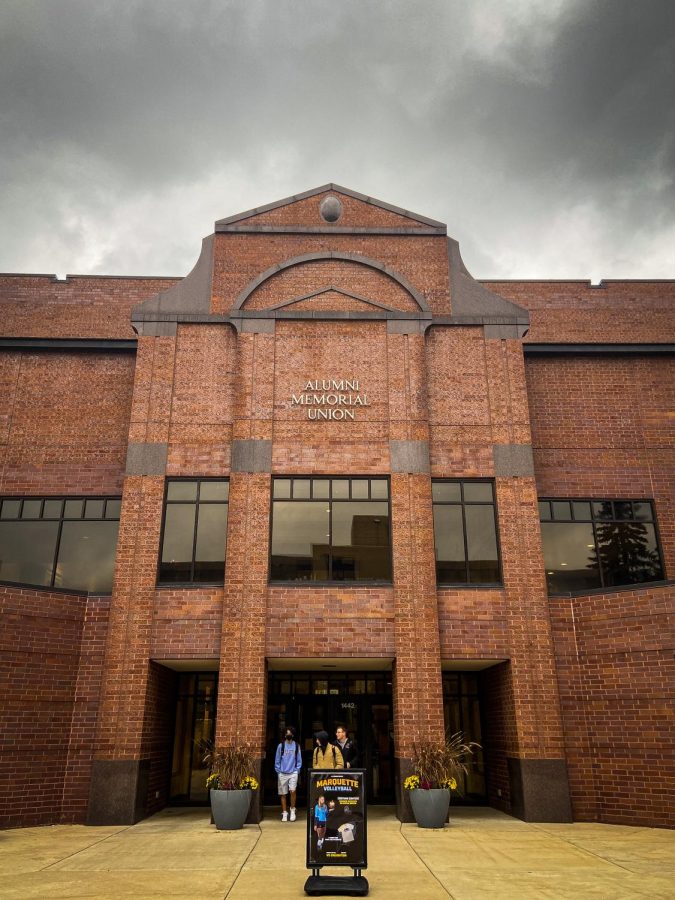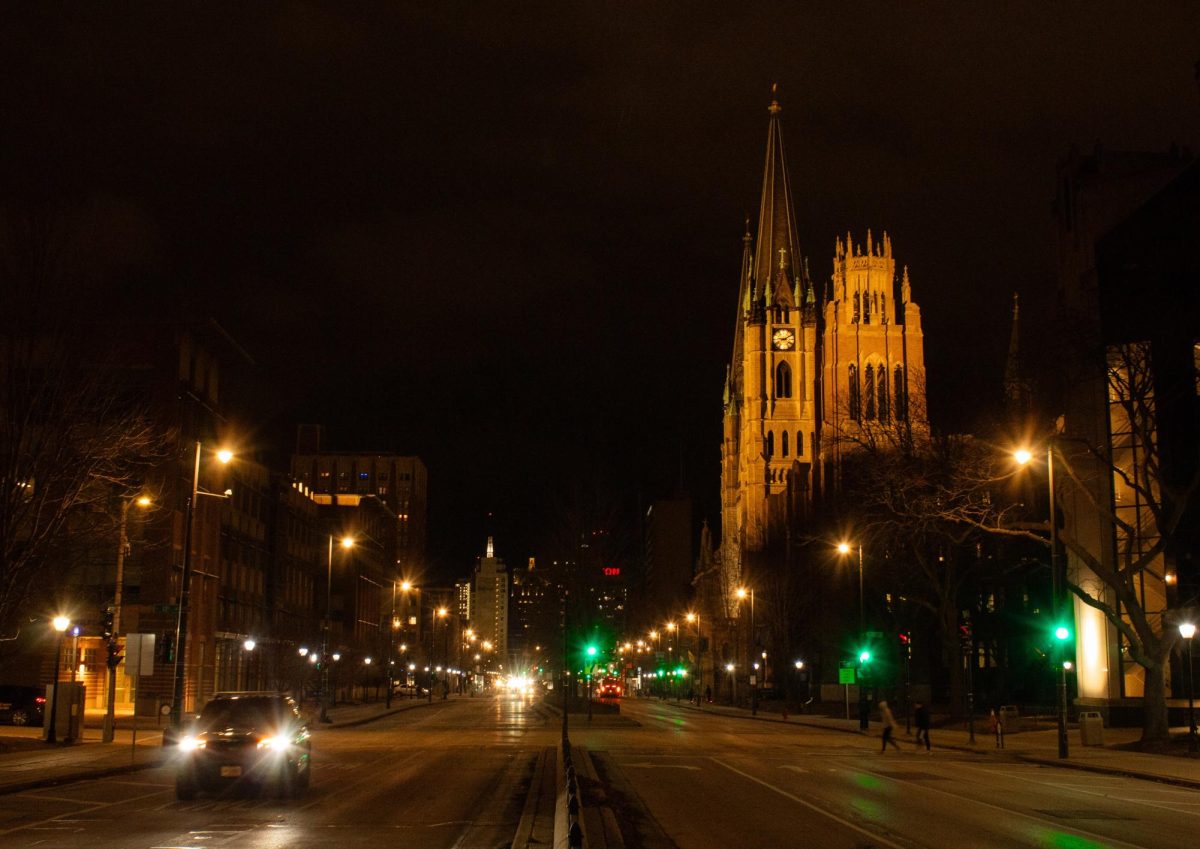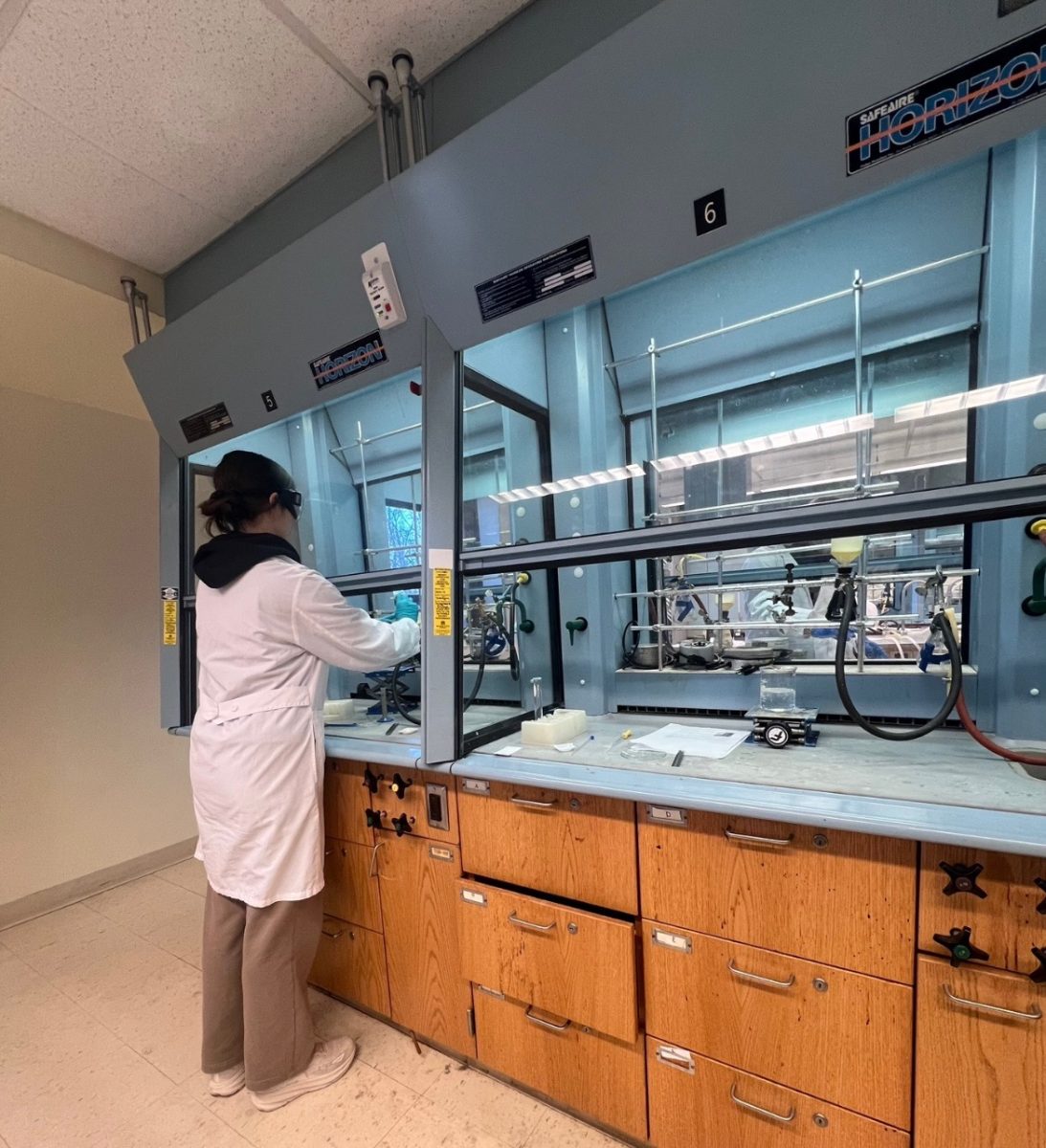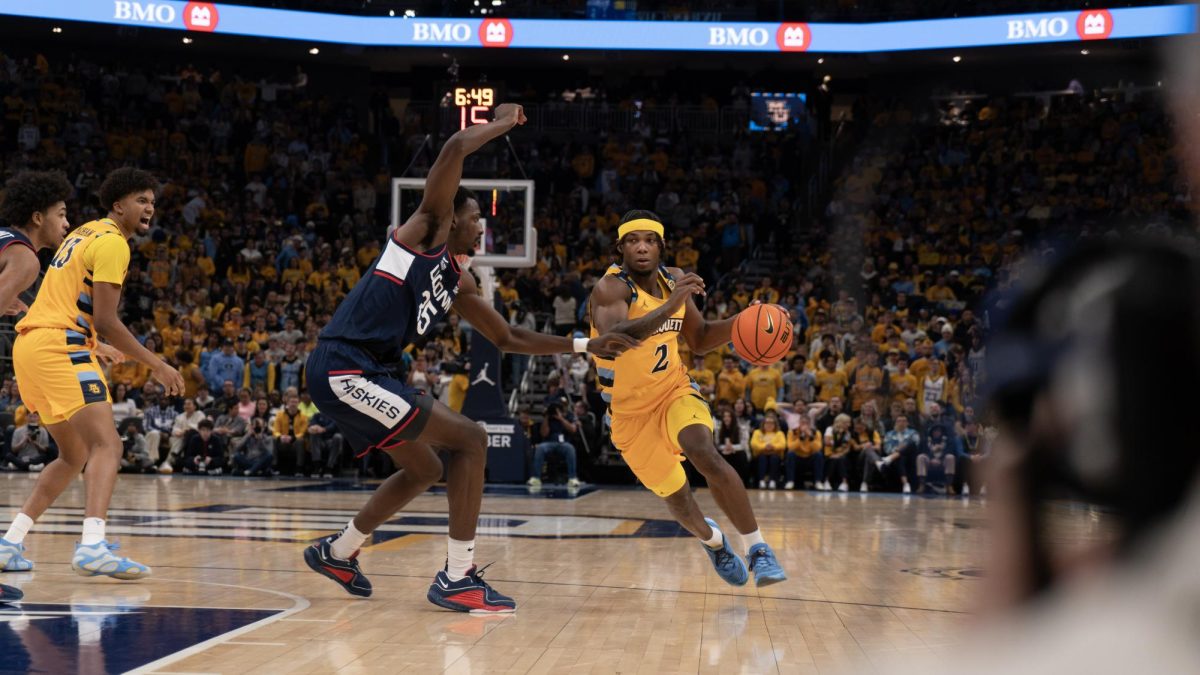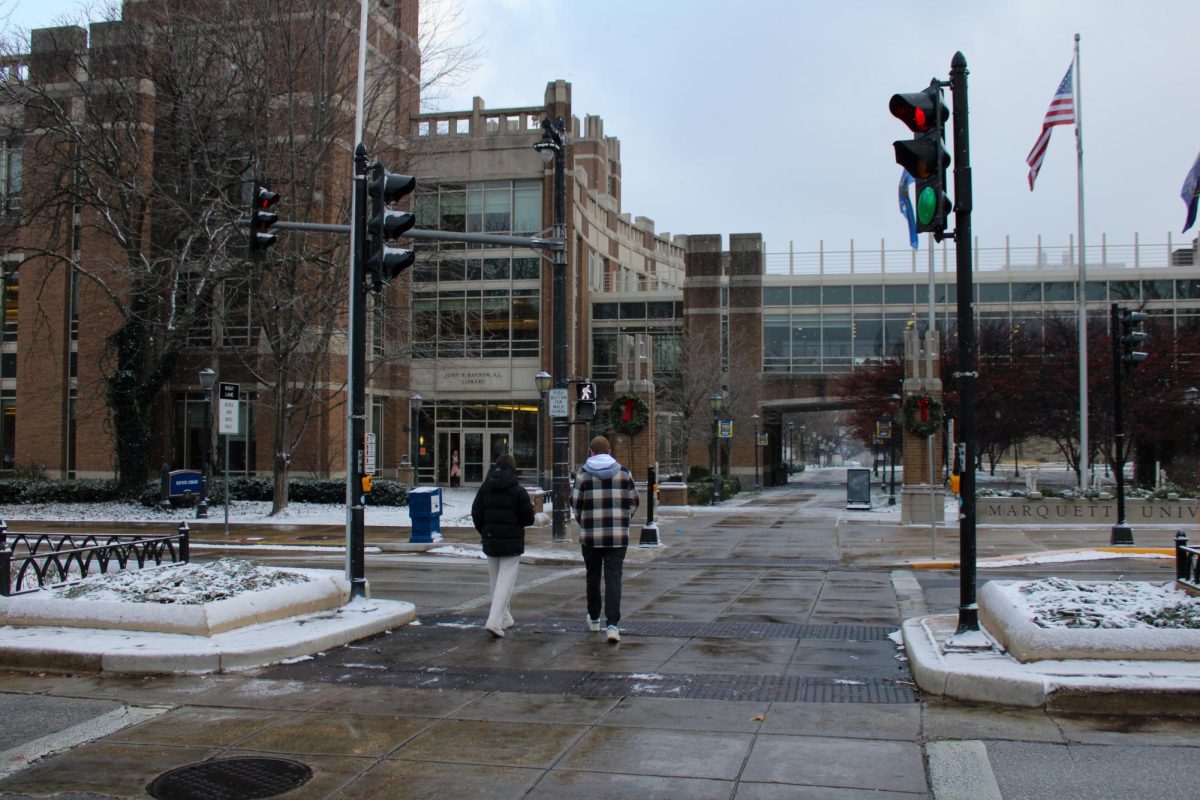The beginning of the pandemic was a blur. Within a week, my peers and I went from looking forward to our “Corona-cation” to coming to the bleak realization our senior year of high school was over.
While my friends mourned the loss of prom and graduation, I was dealing with the reemergence of mental health issues I thought I’d recovered from. I was back to feeling hopeless, fatigued and anxious all the time because the routine and social interaction school brought me was taken from me.
During a text conversation with some of my friends, I realized for some, this break in school was not all bad. One of my friends says the break “saved her” from her heavy workload that gave her severe stress and anxiety.
For many with pre-existing mental health conditions, the COVID-19 pandemic has caused a mental health pandemic. For students, this issue is even more severe.
According to Active Minds, a student organization focused on mental health, 39% of college students will experience a significant mental health issue during their college career. Two-thirds of those students will not seek treatment for their issues.
Active Minds also reports in a spring 2020 survey that 91% of students experienced stress or anxiety due to the pandemic.
Although students were thrown into very difficult circumstances, they were expected to finish the semester with the same effort they’d put in before being sent home.
As students return in the fall, colleges must be prepared for not only social distance precautions, but also the mental well-being of their students.
Fortunately, Marquette’s student organizations are already looking into ways to help students in the fall. Junior and president of Active Minds at Marquette, Alex Schmidt, is working with Marquette’s administration to find socially-distant ways to combat mental health issues.
Marquette University Student Government conducted a survey of students in early July to see what mental health resources they would be interested in. However, Schmidt, the VP of MUSG, says they cannot make any direct changes to the counseling center.
“(The survey is) students advocating for students,” Schmidt says. “We’re just hoping to bring (our recommendations) to the counseling center.”
Schmidt says Marquette’s counselors are trained in doing therapy sessions over the phone and student organizations are planning mental health nights that can be done over zoom or in small groups.
However, this will not be enough to combat the student mental health crisis intensified by the pandemic. Marquette’s counselors and student organizations are certainly trying their best, but online interactions are a poor replacement for real in-person connections.
In addition to increased online interactions, Marquette’s counseling center isn’t a completely perfect resource for students. Students have had issues with being told they have a one-year limit on appointments, according to a Marquette Wire news story. The center is also no longer able to prescribe medication to students.
While Marquette is planning to be partially online and partially in person, mental health resources and suggestions for coping mechanisms seem to be mostly online.
There is no perfect solution, or even a solution at all, for this mental health crisis. As a first year student with a history of mental illnesses, all I need from administration, professors and other students is empathy.
Telling students to continue our course work like normal will lead to higher drop out rates and lower grades. According to the higher education research firm Art & Science Group, one in six high school seniors were planning to not attend college due to the pandemic. Colleges are already seeing lower attendance rates, and will continue to if they cannot adapt to student’s needs.
Marquette’s administration must be willing to realize how difficult this is for students and address the root of our anxieties, rather than placate us with subpar mental health services.
Students will have to adjust to an entirely new way of learning and living, so Marquette’s administration and professors cannot expect students to academically perform to the same standard as we did before the pandemic.
Classes will be more rigorous than ever with Marquette’s shortened semester schedule. If Marquette does not attempt to adapt classes to these unique circumstances, students will be sent home, not due to the pandemic, but due to dropping out.
I’m concerned about myself, honestly. Finding the motivation to do school work is already an issue I deal with, and I know next semester will be challenging. With the added anxiety of the pandemic, I’m not sure how well I’ll cope with the change.
Ever since I committed to Marquette in March, I’ve been looking forward to starting my first semester. I just really hope it won’t be my last.
This story was written by Jenna Koch. She can be reached at jenna.koch@marquette.edu.



